Students in Anthropology of Infrastructure visit public works facilities around the Twin Cities, exploring and analyzing the world they live in through the lens of the people whose invisible labor maintains the societal structures that have become expected. Anthropology Professor David Davies’ class seeks to reignite curiosity in the functions of infrastructure for students with the reminder that clean running water, the collection of garbage and a functional sewage system are not innate elements of our environment, but the result of hard working people who have committed to serving society.
Senior Lydia Meier has experienced the course as a well suited final chapter of her Anthropology major. Meier said the program’s classes have challenged her to relate every concept to the “here and now,” preparing her well for a class that is centered around reconsidering unobserved essential elements of the here and now.
“We are quite literally learning to look at gutters, drains, crosswalks, pipes, electrical lines and bridges differently than we would before, and even more than that, about the people that are working on those things,” Meier said. “There’s been just such an emphasis on the purpose and the passion that these people often feel for their work. They know they have a direct impact on basically every consumer and person living in the Twin Cities metro area.”
Most recently, the class visited the Saint Paul Asphalt Plant, which provides service and materials for building, repairing and filling potholes on roads in more than 100 municipalities surrounding the Twin Cities. According to the City of Saint Paul website, the plant is the only municipally-owned and operated asphalt facility in Minnesota and one of very few in the nation. Davies hoped the asphalt plant would highlight the role of repair in infrastructure, as the functionality of roads depends on regular upkeep. Davies cited the complexities of Minnesotans’ relationships with road repair through experiencing pothole season, a condition worsening due to climate change.
“Potholes are really fascinating, because potholes represent nature’s intrusion on our infrastructure,” Davies said.
Meier noted that her experience of the class has been enhanced by the curiosity that Davies harbors for the subject matter he teaches.
“Professor Davies is one of those people that is so passionate about what he does that you can’t help but also feel passionate about it, and suddenly you have this new, fervent interest that you didn’t know you had before,” Meier said. “I didn’t know I cared about barges on the river, but I totally do.”
Davies also noted that potholes are prime examples of the lack of patience that people can develop when they grow to see functional infrastructure as inherent.
“[Potholes represent] this really fascinating edge or interface between infrastructure, personal entitlements and roads,” Davies said.
Beverly ‘Bev’ Farraher and Cecily Schurhamer primarily led the class’s tour of the Saint Paul Asphalt Plant, describing the details of what materials are used to make asphalt, how the material is sourced and the process of heating, drying and mixing that goes into making the asphalt ready before loading pre-purchased amounts into trucks. Farraher mentioned that the anthropology class was the first tour the facility has hosted, and left students with her hopeful takeaway from the experience.
“Humanize us,” Farraher said. “People dehumanize us because we’re doing something that they desperately need but we’re in their way.”
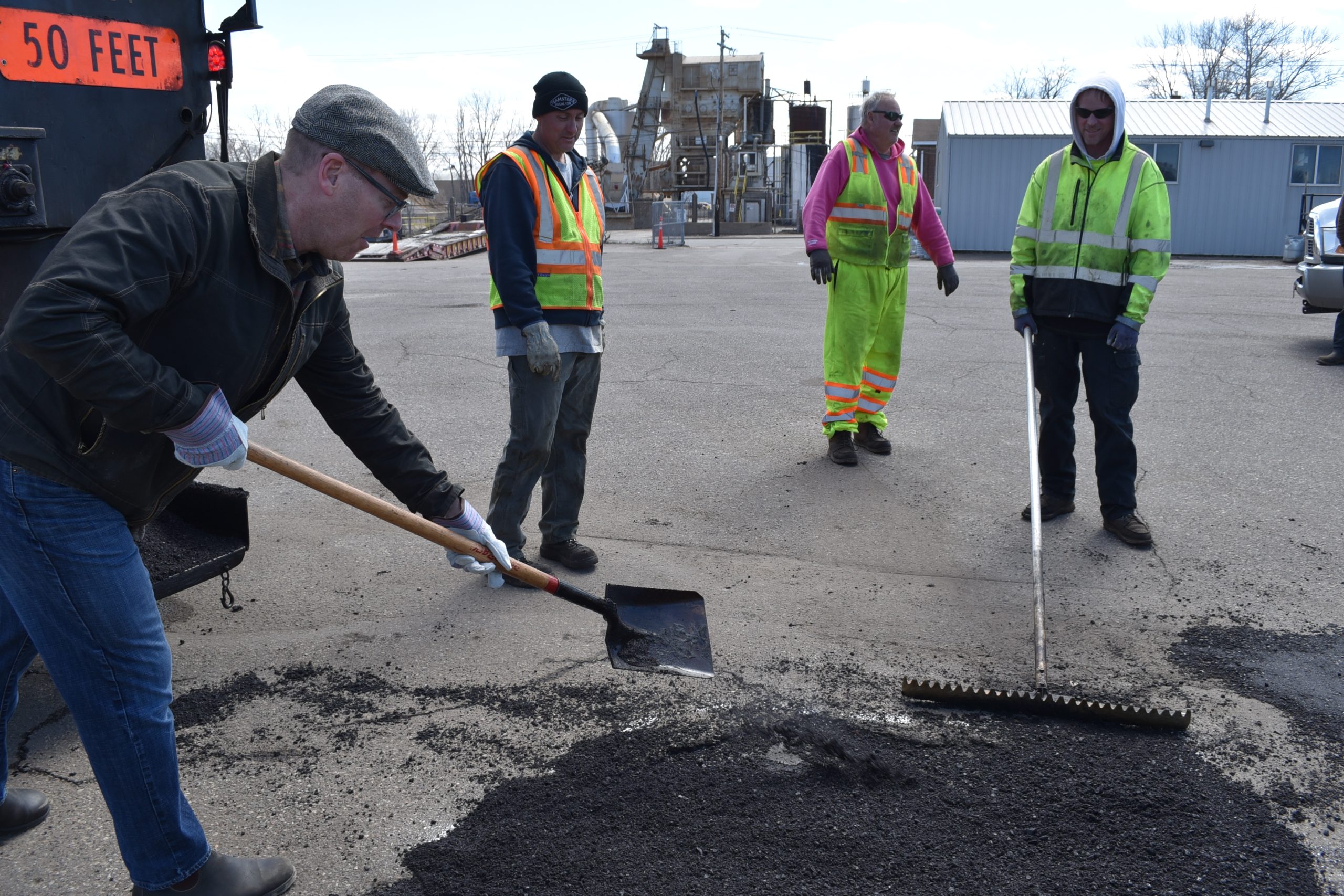
Story continues below advertisement


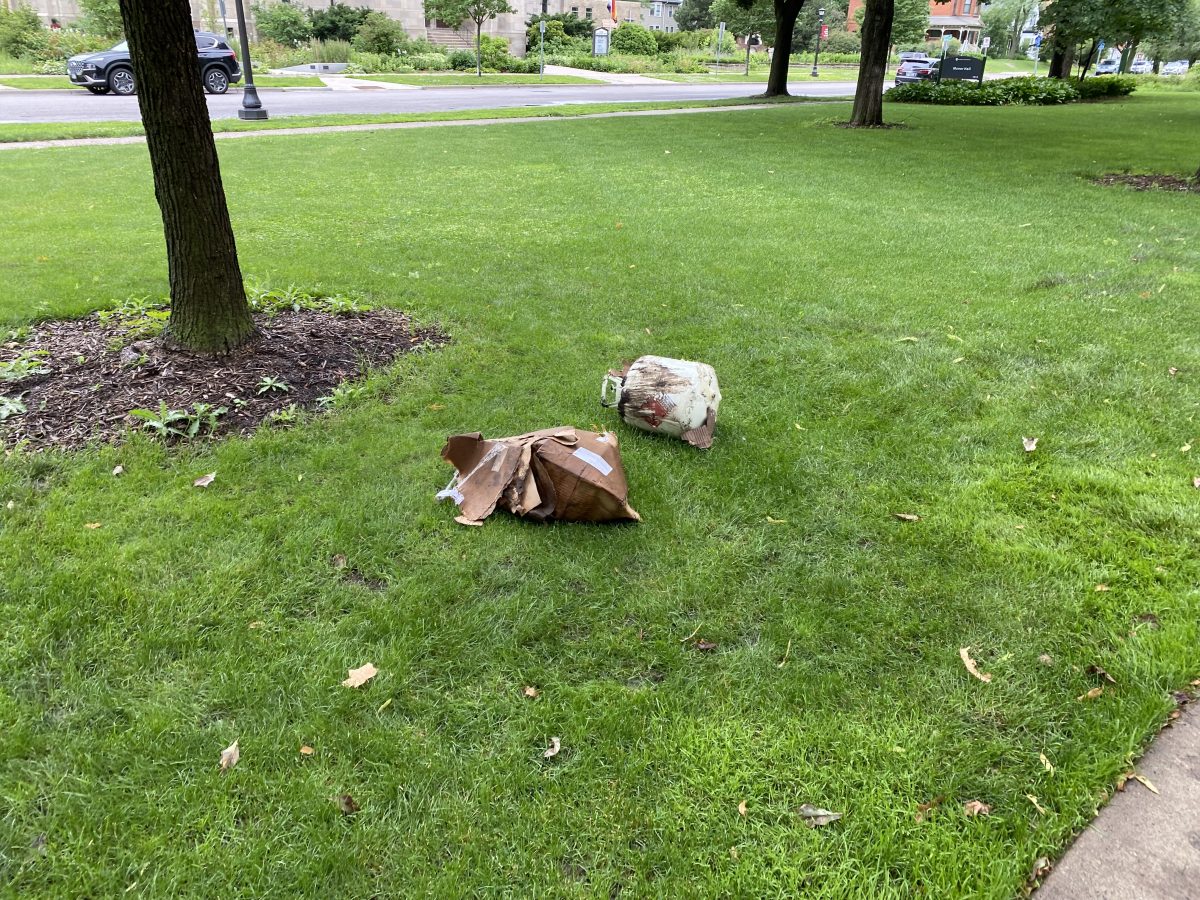
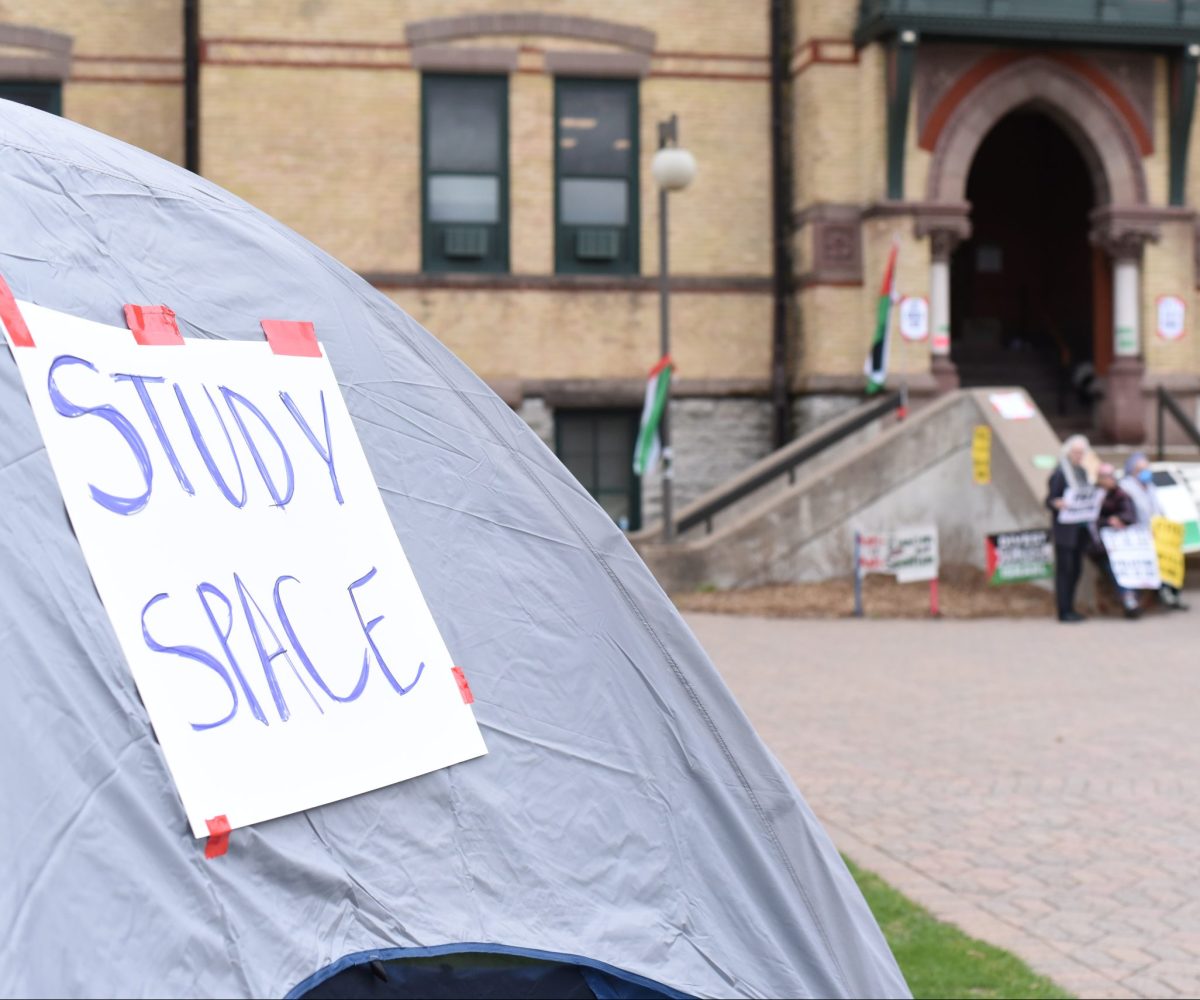



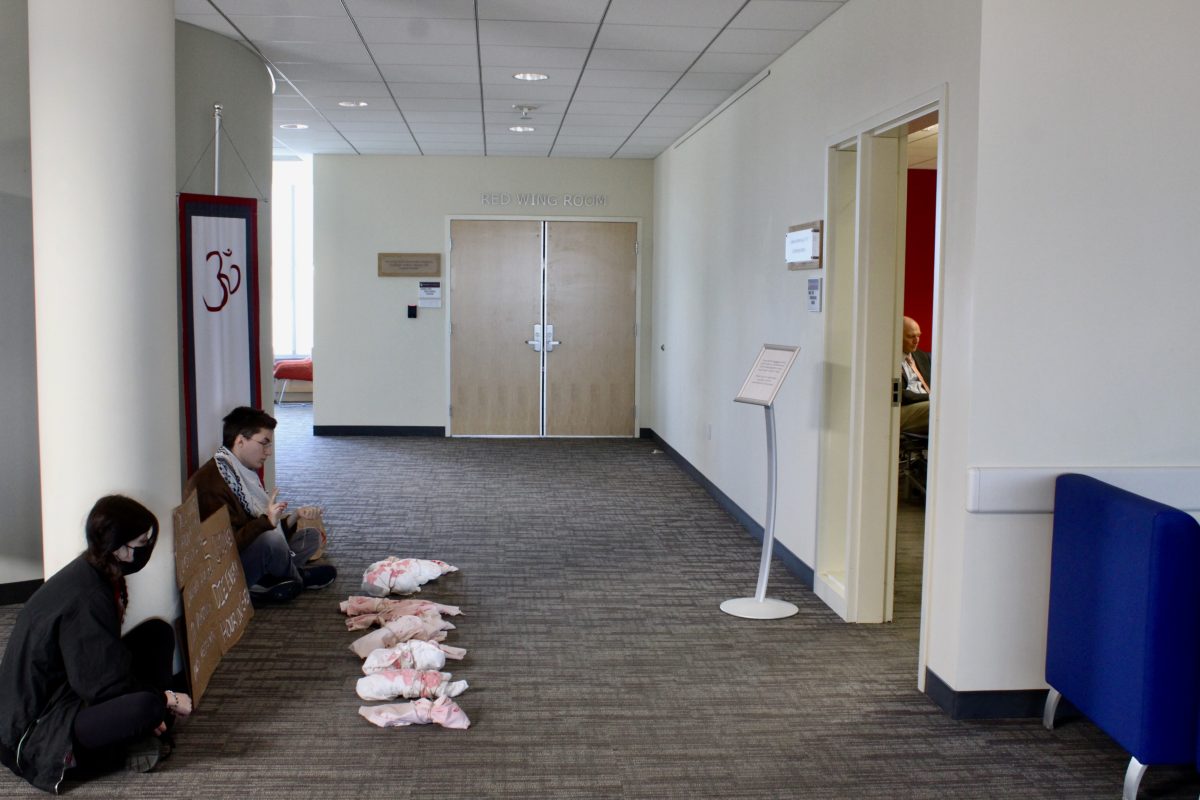

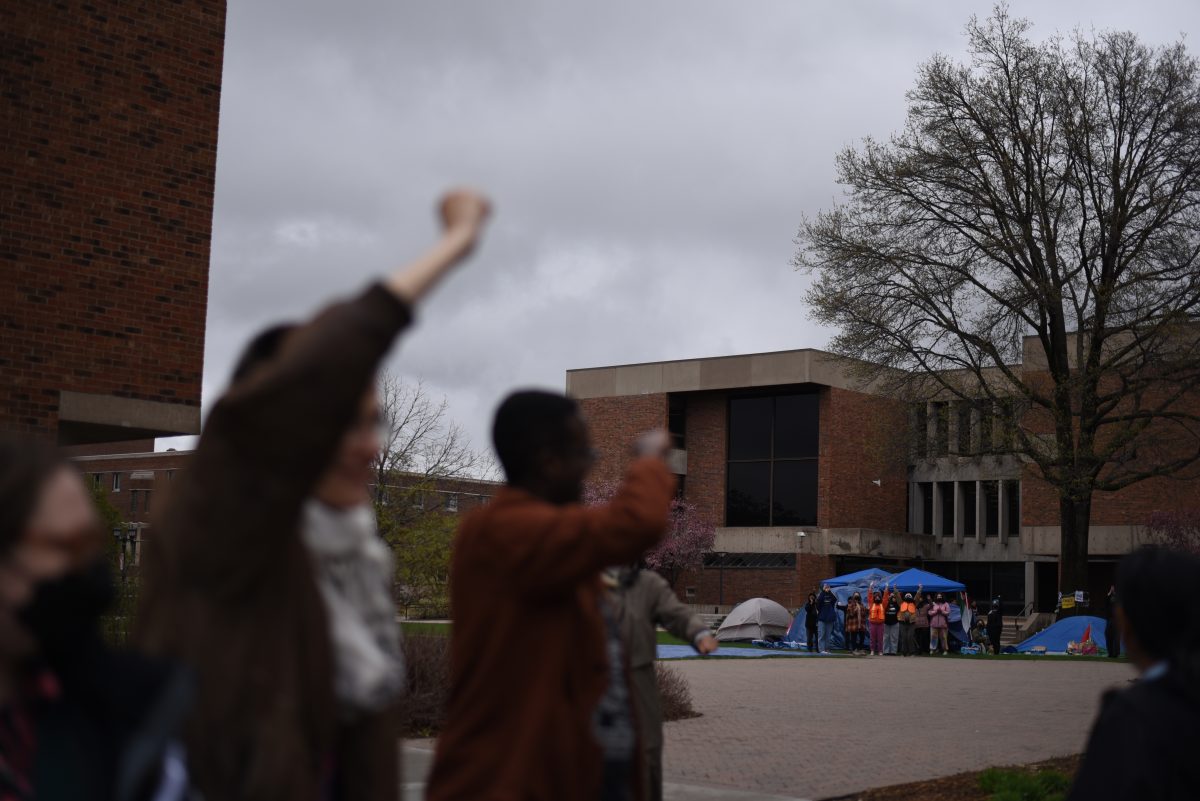

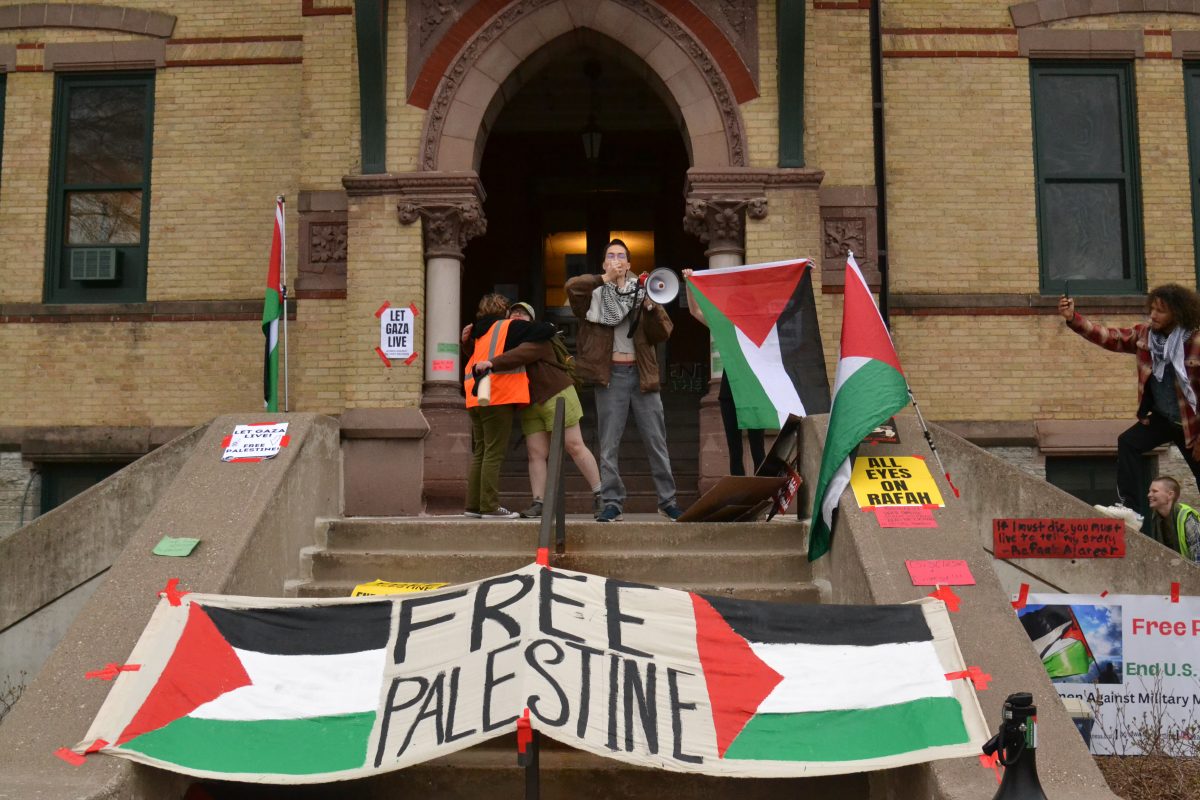
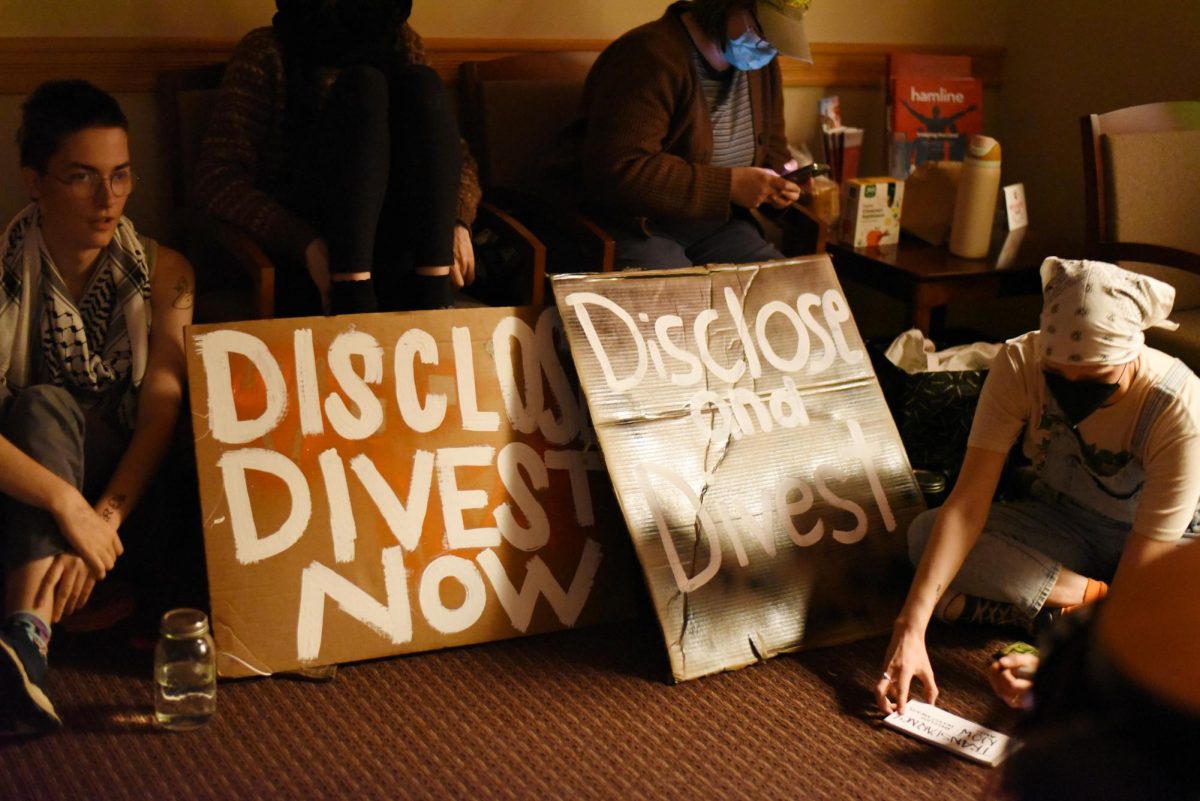
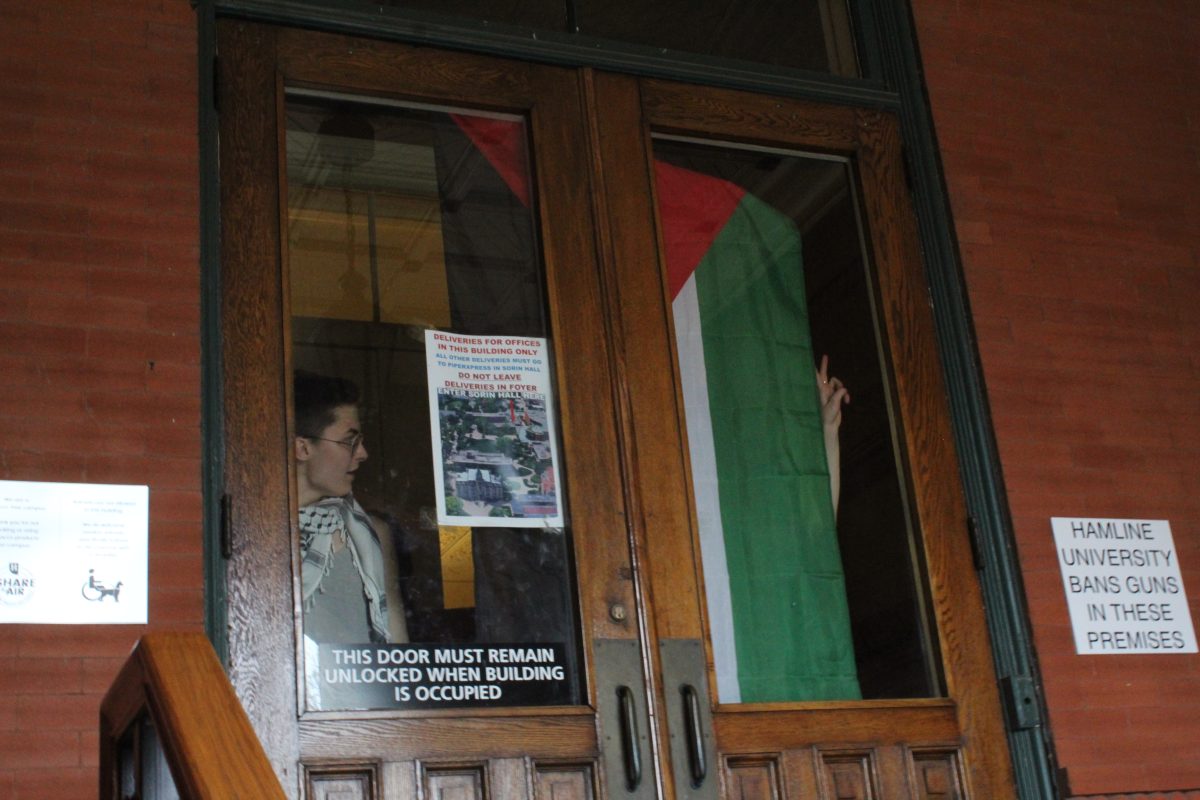
Veena Deo • Apr 11, 2024 at 9:58 am
Looks like a fabulous class. It’s wonderful to see students get to see and experience behind the scenes work of infrastructure while connecting college to everyday realities. Innovative ways to learning warm my heart as a former Hamline faculty. Bravo.